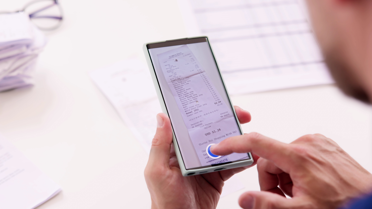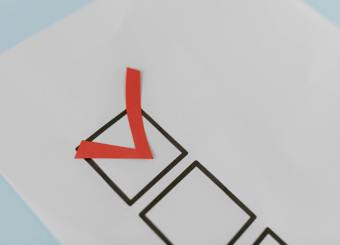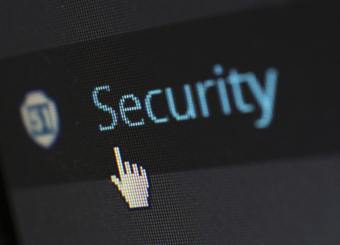Travel expenses for freelancers and solopreneurs (micro-enterprises)
What is a micro-enterprise (previously auto-enterprise)?
A micro-enterprise, also known as a solopreneur or freelancer business structure, offers simplified procedures for starting a business and managing tax obligations. Due to its simplicity and flexibility, it's a popular choice for freelancers and solopreneurs in France.
Micro-enterprise sales thresholds
To maintain micro-enterprise status, your annual sales (excluding tax) must stay below certain thresholds, adjusted each January 1. These thresholds are:
- €188,700: Applicable to businesses selling goods, providing food services (take-out or on-site), or offering accommodations.
- €77,700: Applicable to businesses providing commercial and industrial services (BIC) or non-commercial liberal professions (BNC).
If your sales exceed these thresholds, you must switch to a different tax regime, such as the simplified real-estate regime (RSI).
Micro-enterprise taxes and contributions
Micro-enterprises benefit from a flat-rate deduction on sales that considers business expenses. The applied deduction percentages are:
- 71%: For purchasing and reselling goods, providing accommodations, or selling food services (consumed on-site).
- 50%: For commercial services.
- 34%: For non-commercial liberal professions.
This system also eliminates the need to declare and pay VAT (Value Added Tax).

All micro-entrepreneurs are required to pay income tax and social security contributions. However, they can opt for the "versements libératoires" (VFL) system, allowing them to make flexible payments throughout the year based on their sales. This empowering system helps you avoid the burden of a large, lump-sum payment, giving you more control over your finances.
Micro-enterprises in France: a growing trend

According to the French National Institute of Statistics and Economic Studies (INSEE), France boasted over four million non-agricultural micro-businesses in 2020, employing a total of 2.3 million people. INSEE also reports that in 2022, 61 percent of new businesses launched under the micro-enterprise regime, highlighting its continuing popularity.
The prevalence of micro-enterprises in France underscores the importance of understanding business expense management under this structure. This article focuses on how freelancers and solopreneurs can manage travel expenses.
What expenses can micro-enterprises deduct?
Unlike other business structures, micro-enterprises cannot directly deduct typical business expenses (travel, inventory, insurance, etc.) from their sales. They also cannot create expense reports or receive travel allowances for long distances.
However, micro-enterprises can utilize "disbursements" as a substitute for expense reimbursement.
Disbursements explained
In the context of micro-enterprises, disbursements are expenses you incur for your business activity but are invoiced directly to the customer. These expenses are exempt from social security contributions and are not included in your sales. This prevents artificially inflated sales figures and avoids exceeding the micro-enterprise sales threshold or incurring higher social security contributions.
Disbursements must be clearly identified as flat-rate line items on your customer's invoice for reimbursement.
Travel expenses and disbursements
There are different rules for different travel expenses when it comes to disbursements:
- Mileage
Unfortunately, mileage expenses are not disbursements, even if directly related to your micro-enterprise activity. To cover these costs, you can incorporate them into the final price of your good or service.
- Other travel expenses
Such as train tickets, airplane tickets, and hotel accommodations, can be covered using disbursements. For instance, if you have a business trip and need to book a hotel, the cost of the hotel can be billed to the customer and excluded from your sales.
Important considerations for disbursements
Invoicing disbursements can be a valuable benefit for micro-enterprises, but certain conditions must be met for proper reimbursement:
- Customer agreement
Agree with the customer on a budget allocated for out-of-pocket expenses and obtain written consent before proceeding.
- Proper invoicing
Invoices go to the customer or the organization commissioning the work.
- Detailed records
Maintain copies of all supporting documents related to the expenses (invoices, receipts, etc.) for the customer and your own records.
Expense management solutions for micro-enterprises

Considering the importance of record-keeping, an expense management solution like Expensya can be a valuable tool. Expensya is a business expense management platform streamlining expense report creation and document archiving. It offers intelligent OCR+ technology that automatically scans and extracts critical information from invoices, saving you time and effort.
As a freelancer or solopreneur, Expensya's self-service setup makes it easy to get started. Their intelligent OCR+ technology automatically scans and extracts critical information from invoices, saving you time and effort.
Optimize your financial processes and request a free Expensya demo today!





